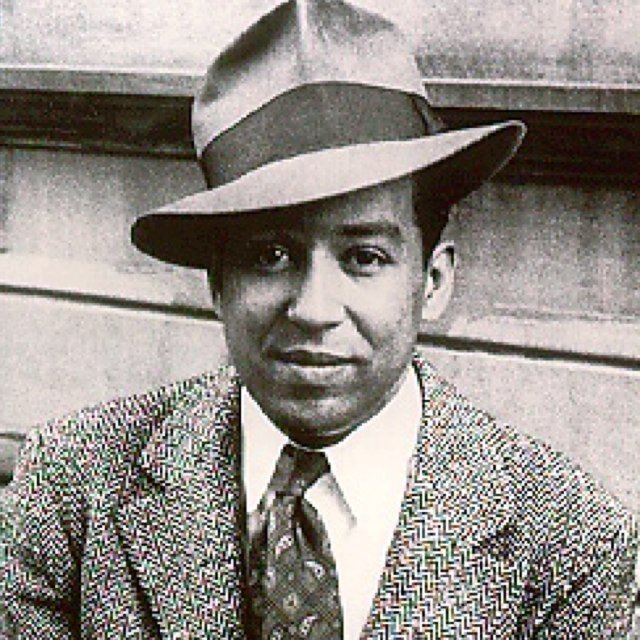What may be the result of isolation and loneliness?

In the novella Of Mice and Men by John Steinbeck, we follow the adventures of two men, George and Lennie, looking for work during the great depression. We see character foil between the two main characters: George is a short, clever man, and Lennie is a big, strong simpleton with the mind of a child. These two travel together and keep each other company while George tries to keep Lennie out of trouble. They get a job on a ranch in hopes of saving enough money to buy their own land. They meet other workers there, like Slim, who said this regarding George and Lennie’s friendship: “I hardly never see two guys travel together. You know how the hands are, they just come in and get their bunk and work a month, then quit and go out alone,” (pg.39). From this quote, we get the feel of what life was like for the typical labourer, and how George and Lennie had something special that not everyone had. Lennie loves animals and George is always telling Lennie that when they get their own land, he can tend the rabbits and that ends up being all that Lennie cares about. However, Lennie does not know his own strength and ends up accidently killing mice that he finds. Tension grows between Lennie and other characters when he accidently kills a puppy and then kills accidently kills a woman who saw what he did. Once again, Lennie did not intend this, he just did not know his own strength. George had no choice but to put Lennie down like a dog because all the other alternatives would have been worse. This was George and Lennie’s final conversation: “‘Guys like us got no fambly. They ain’t got nobody in the worl’ that gives a hoot in hell about em-’ ‘But not us,’” Lennie cried happily. (pg.104). George and Lennie lived a much healthier life because they had each other. Too much loneliness can result in sadness and an empty, pointless life, as proven by all the other workers on the ranch.


